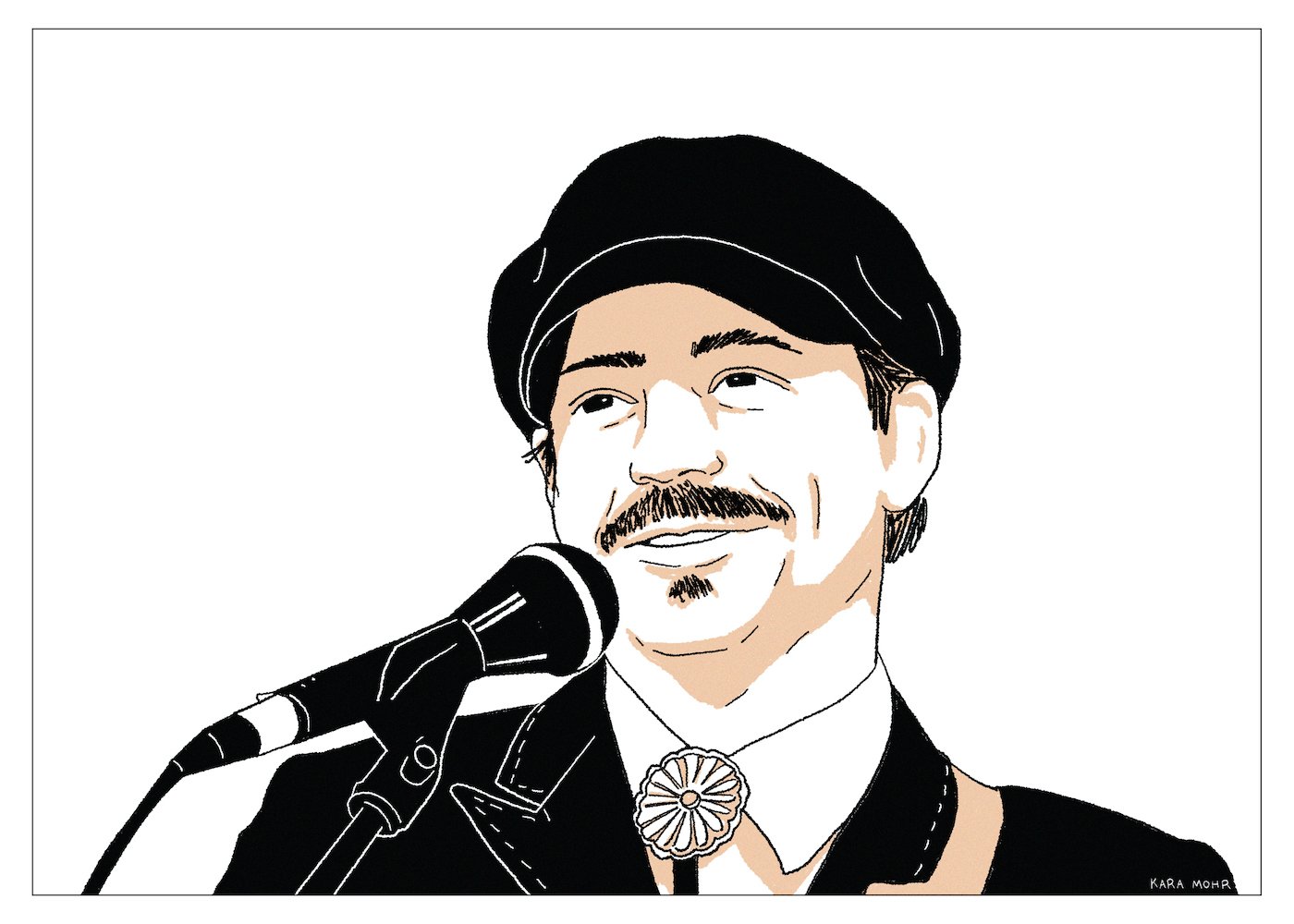
Magnolia Electric Co. “Josephine”
By the time of “Josephine’s” release, Jason Molina was almost completely out of the picture. Those who were still following along understood that while Molina might always be the patron saint of Secretly Canadian Records, Justin Vernon was the prodigal son of the Secretly Canadian Empire. And that while Jason Isbell might have looked upon Molina with reverence, Americana’s new “It Boy” had bested his predecessor in the popularity contest. In 2009 Molina was neither as new as Vernon nor as sociable as Isbell. Meanwhile, reviews of “Josephine” were ambivalent and sales were middling. In the end, Molina’s return proved to be shaky and short lived. Soon after “Josephine” arrived, he cancelled tour plans for “health issues.” And over the next three years, aside from the occasional rumor or warning flare, Jason Molina was basically a living ghost.
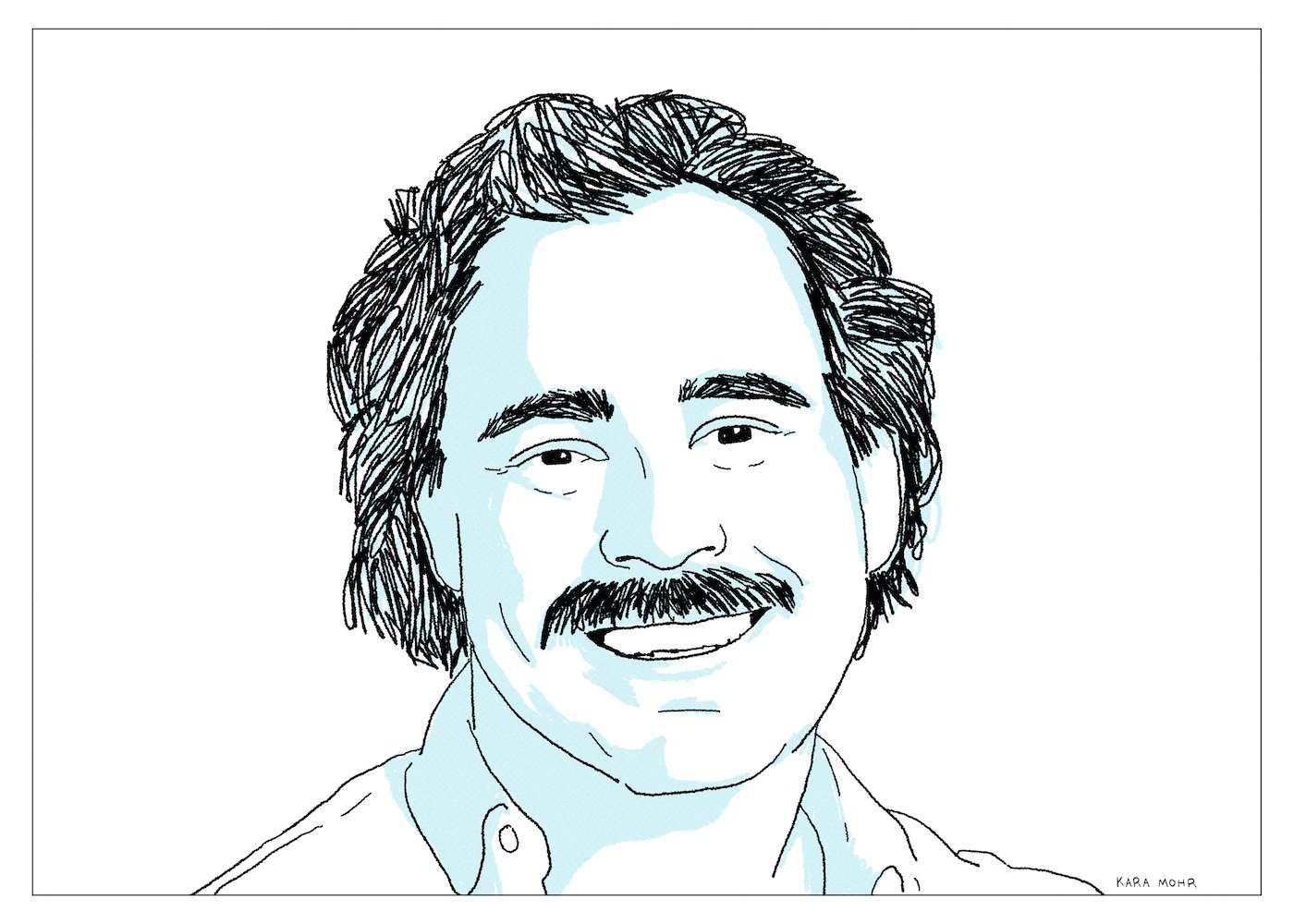
Jimmy Buffett “Fruitcakes”
Buffett’s eighteenth studio album was both his first to reach the top five on the sales charts as well as his first Platinum-seller since the 1970s. Its title is a nod to fans — those sun loving, clothing optional weirdos who sometimes get drunk and say silly things but who possess a positively essential joie de vivre. It almost goes without saying that most Parrotheads are not clothing optional weirdos. But it’s also worth saying that many of the teachers, lawyers and middle-managers that comprise his fanbase do fantasize about being carefree, clothes-free beach dwellers. And that is precisely Buffett’s appeal — how he taps into a primal need to escape. An urge to — every once in a while — exist in a liminal space between feeling warm and feeling nothing at all.
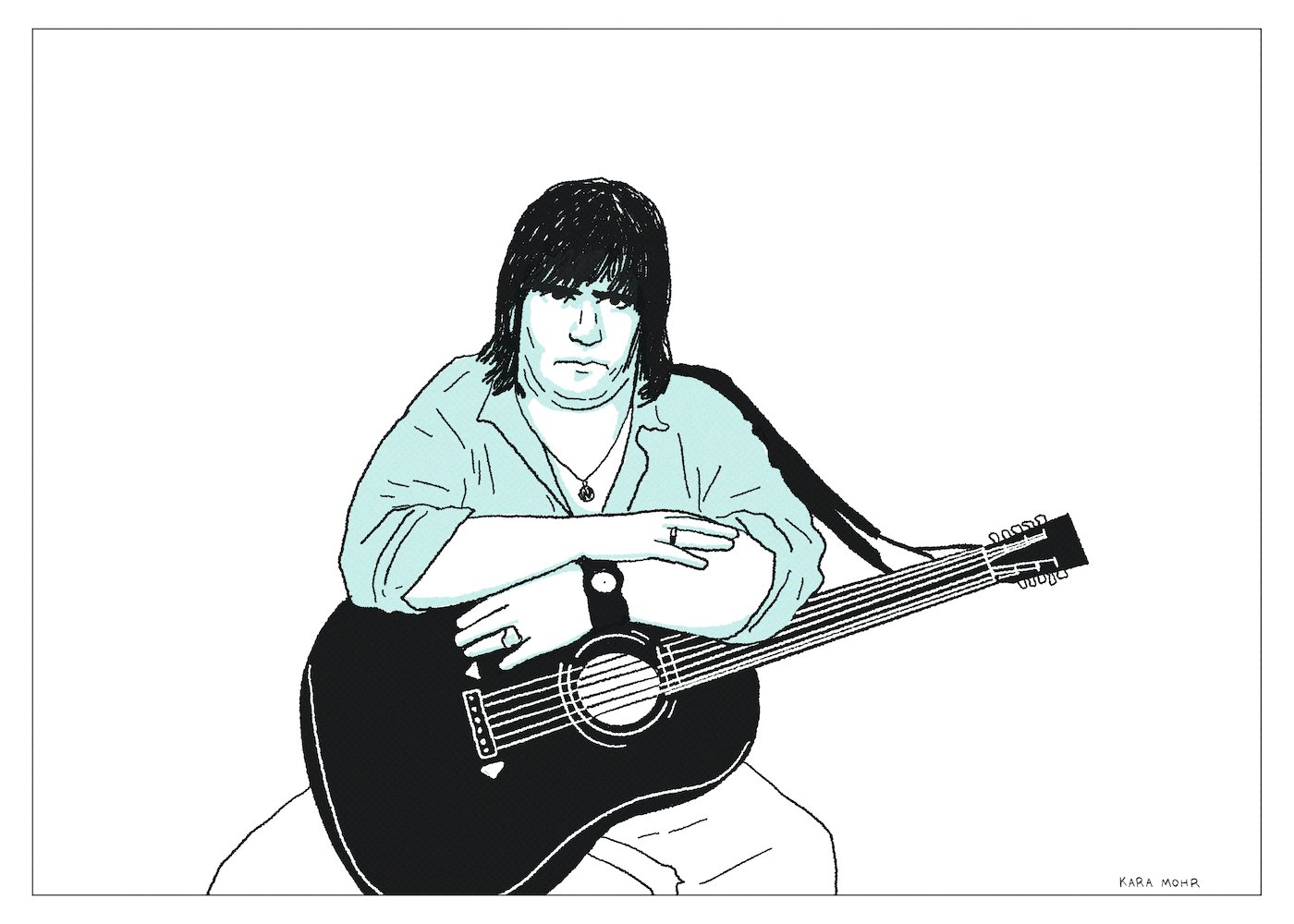
Steve Earle “I Feel Alright”
In 1996, having shaken off five years of rust, sixty days in jail and a couple decades of addiction, Steve Earle released “I Feel Alright.” Whereas 1995s “Train a Comin’” found him looking backwards, “I Feel Alright” was a completely present album. It was vintage Earle, after the pink cloud had dissipated—honest, aching, and feeling “alright.” Which is to say he was not feeling great. But also he was not feeling awful. It was a hedge—somewhere between cautious and optimistic. “I Feel Alright” is the ultimate one day at a time response to the question, “How you doing?” As a description of Earle’s state of mind, it sounds appropriate. As a title for his sixth studio album, it feels like a radical understatement.
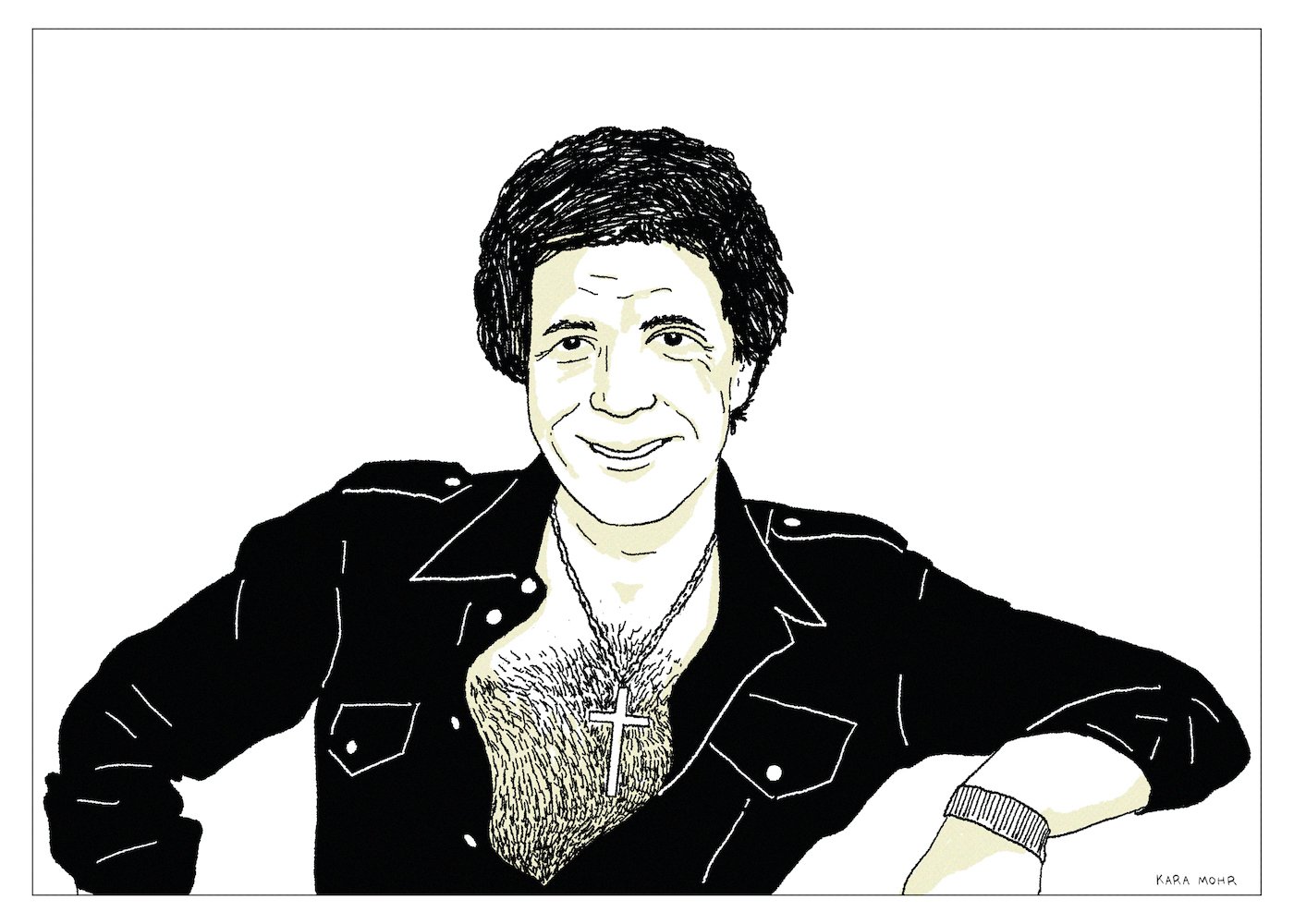
Tom Jones “Darlin’”
Like Cher, Tom Jones had a teeny tiny waist. And, like Cher, Jones loved to show some skin once upon a time. Both were unafraid of tight pants. Both hosted popular TV programs — “This is Tom Jones” (1969 through 1971) being a precursor to Sonny and Cher’s variety shows. Both had famous marriages (Jones’ for its mystery and longevity, Cher for its popularity) and perhaps more famous relationships outside of their marriages (Cher with Greg Allman, David Geffen and Gene Simmons and Jones with Mary Wells and, apparently, two hundred and fifty fans per year). Both are known for their iconic, husky voices, though neither is proficient on any instrument. But, more than anything else, the thing that bound Jones and Cher was the thing that happened when they put it all together — the voice, the body, the moves, the attitude, the screen presence, the sex appeal. It was their unfathomable “toomuchness.”

John Denver “It’s About Time”
Even before his divorce from Annie Martell, before the death of his father, and before his star had fully faded, John Denver’s music had begun to take a detour. At first, the turn was slow and gradual enough to be barely noticeable. But, by the early Eighties, he’d largely abandoned the acoustic jangle of his Folk and Country hits for something firmly Adult Contemporary. And by “Adult” I really mean something like music for children performed with a string section, and guitars and synths turned down so as not to disturb. And by “Contemporary” I really mean corny like late Seventies Margaritaville James Taylor or like Barry Manilow without the camp. That’s the sound of “It’s About Time,” an album of depressed ballads and worldly aspirations performed by one of the most overqualified bands ever assembled.
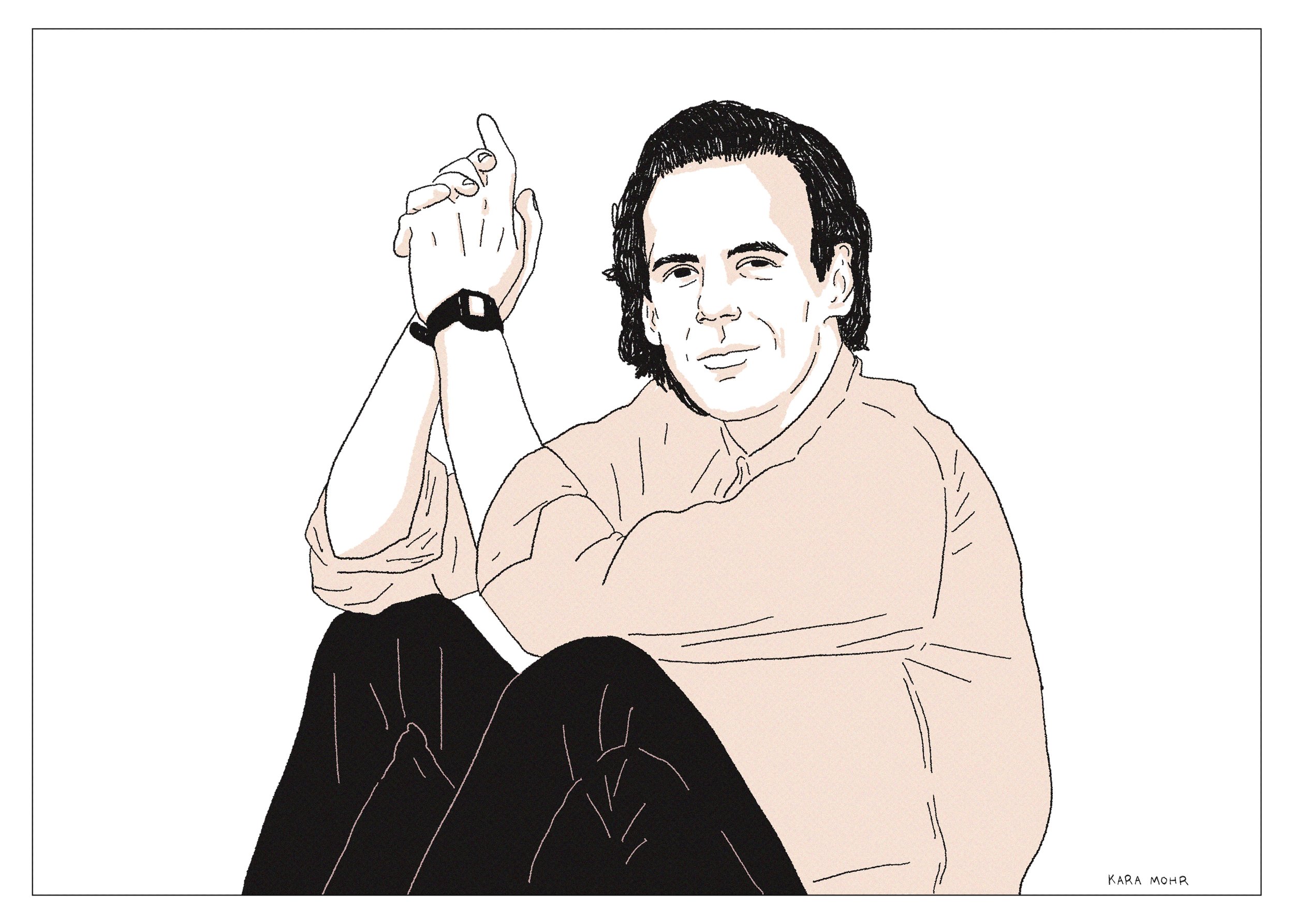
John Hiatt “Perfectly Good Guitar”
There’s a concept in child rearing — and I’m honestly not sure if it’s armchair psychology or actual science or what — called “perfectly adequate” parenting. Its premise is radically simple: that parents should be no more or no less than their child needs. One the one hand, it makes a lot of sense. On the other hand, nobody really wants to be “perfectly adequate.” Not in parenting. Not in life. Not in work. And, certainly, not in music. Pop music is defined by highs and lows. By mania and soul. The road in between is longer, and oftentimes much harder. It’s a workmanlike path — one that is rarely disruptive or revelatory, but is eventually, and amazingly, just right. Richard Thompson is always perfectly adequate. Sometimes more. Never any less. John Prine. Lyle Lovett. Nick Lowe. Always perfectly adequate. But of all the singers I can think of, the one who is most truly perfectly adequate — whose skill is evident, whose records are solid and whose faith and commitment is unwavering — is John Hiatt.
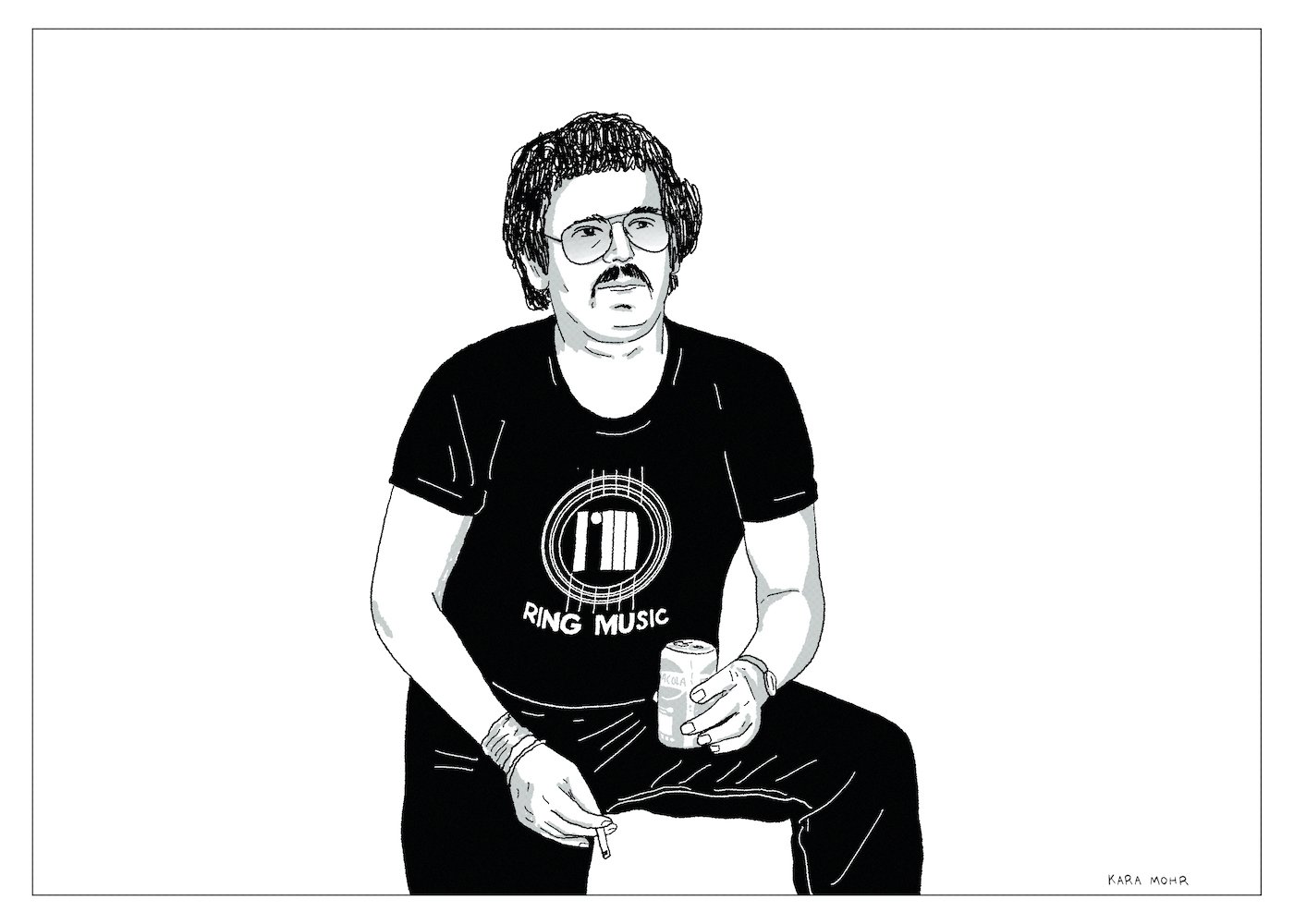
Gordon Lightfoot “Shadows”
To the cynical or the uninitiated, “Shadows” can sound like a Will Ferrell spoof — like music for lovers who refer to each other as “lover.” Like music to be played while wearing cable knit sweaters, sitting by the fire and sipping Canadian Club. But for those who either know Lightfoot’s oeuvre or who are familiar with Seventies Adult Contemporary Rock music, the sound is not unfamiliar. On top of twelve string acoustic guitar, delicate windchimes and lite violins, Gord’s boozy baritone narrates a slideshow about middle-aged resignation and that trip to the Bermuda Triangle. Released the same year as The Clash’s “Combat Rock,” Duran Duran’s “Rio” and Culture Club’s “Kissing to Be Clever,” “Shadows” was miles from anything hip or New Wave. It was the sound of a guy singing to himself, because he had to, because he was tired and lost and the world had moved on. It was the end of the line for Gord’s minor Pop stardom, the beginning of his sober second half and the most interesting album he made after “Sundown.”
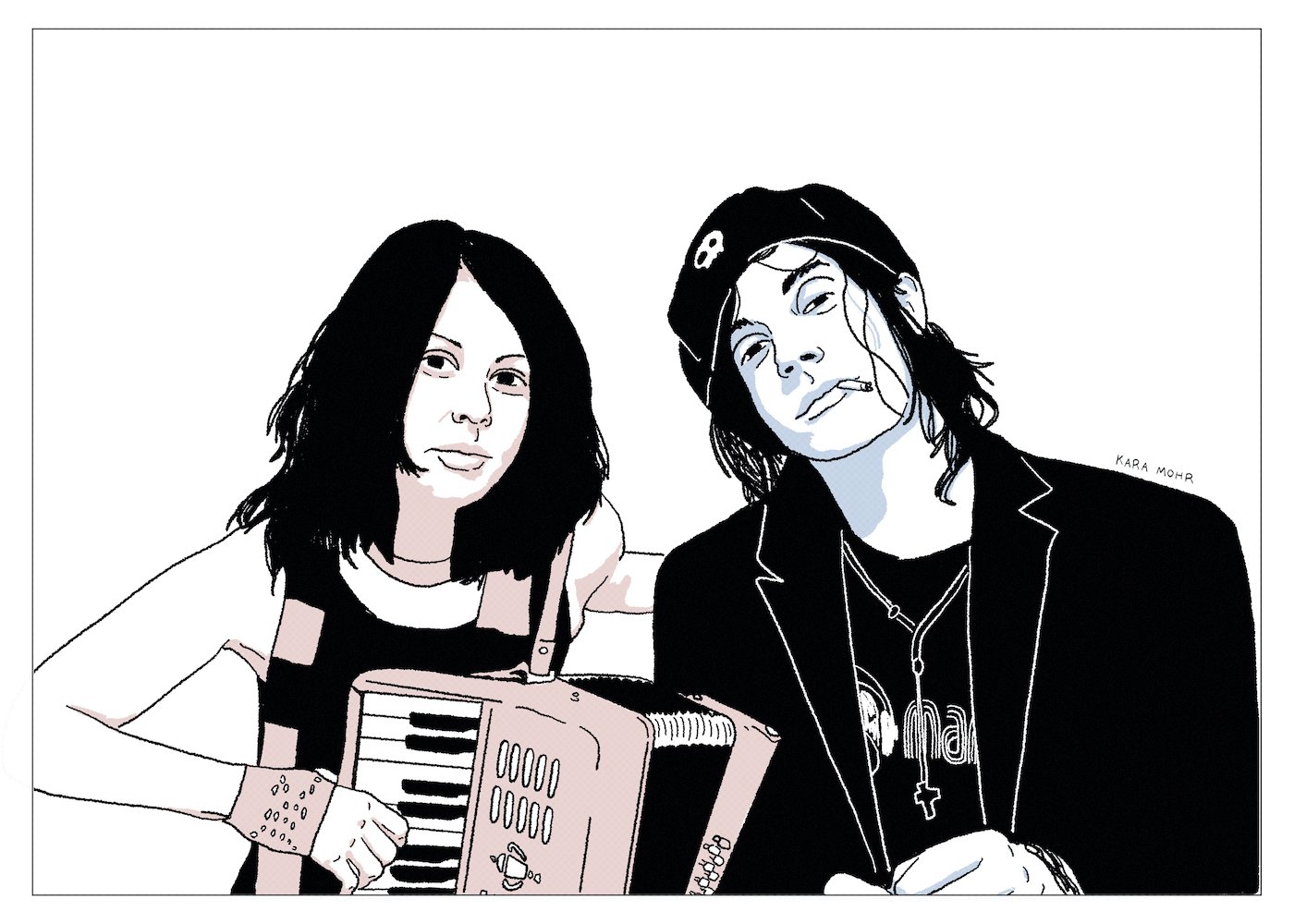
Marah “Marah Presents Mountain Minstrelsy of Pennsylvania”
The first wave of Dad Rock is canon — Dylan, The Band, Petty, The Boss. Occasionally, it veers into Indie or Alternative Rock (REM, The Replacements) or headier stuff (The Dead, Steely Dan). But, broadly speaking, it’s American Roots Rock for educated men who are older than thirty but younger than sixty, who are likely to drink craft beers and who desperately want their children to understand the glory of “Jungleland.” The second wave of Dad Rock is still a work in progress. In the early Aughts, bands like The Hold Steady and Band of Horses and Arcade Fire began to make their cases. Some of the neo-Dad Rockers were cut from The Boss’ cloth (Gaslight Anthem, The Constantines) and others were perhaps closer to Dylan (Bon Iver, Sufjan Stevens). But the ones who should have been kings — the ones who got it all started but then got lost in the plot — were Marah.

Lyle Lovett “Release Me”
Has there ever been someone so completely reliable as Lyle Lovett who looked so completely dodgy as Lyle Lovett? One of his eyebrows is perpetually raised while the other sits still. His mouth turns down in one corner while the other side purses. When he smiles, it looks like he’s in pain. And don’t even get me started with the hair. On the most superficial level, he does not look like a guy you can trust. And yet, by the 1990s, it was settled fact: Lyle Lovett is completely trustworthy. See the piles of four star reviews. The six straight Gold (not Platinum, because that would be too showy) albums. The four Grammy wins. And the fact that, in 2012, when he was making his “contractual obligation album” — the thing that is supposed to be resentful and perfunctory — he was still impossibly mannered and listenable. Turns out that Lyle Lovett is the exact opposite of dodgy.

Darius Rucker “Learn to Live”
For over a decade, Hootie and the Blowfish were the butt of jokes — a 90s cliche nested between bad Gap sweaters and Sugar Ray. The probability of the backlash, however, was only surpassed by the improbability of Darius Rucker’s reemergence in Nashville in 2008. While his reign as the most successful Black musician in Country music now appears obvious, it was once, briefly, the object of cynical eyebrow raises. Taken together -- the backlash and the genre hop -- Rucker’s career resembles that of the Bee Gees and Ray Charles. He’s not the writer that Barry Gibb was and he’s not a sliver of Ray. But, also, he’s not Shania Twain or Mark McGrath or Rob Thomas. And he’s definitely not Hootie. He’s Darius Rucker, Country Music Star.

Waylon Jennings “A Man Called Hoss”
In 1987, off drugs, but stuck with a six pack a day habit, Waylon decided to make an “audio biography.” That lovable, but lightweight album was more like a Disney amusement park ride than the proper autobiography he would finally write ten years later. Taken together, though, they taught me what I needed to know about Waylon Jennings. That he wasn’t just an outlaw. Wasn’t just the guy who played bass for Buddy Holly. Wasn’t just a Highwayman. He was all those things. But, most of all, he was the guy with the perfect Country voice who screwed it all up, so that he could make it all right again.

John Prine “Lost Dogs and Mixed Blessings”
We all knew he wasn’t going to be the “Next Dylan” (they never are). He wasn’t pretty enough to be Johnny Cougar. And he was too good to simply gut it out on Music Row. But John Prine never really went away. He just sort of stood in place waiting for us to circle back. That happened in 1991 when Petty, Bruce and friends helped celebrate the great comeback of an artist who hadn’t gone missing. Four years, a marriage and two kids later — Prine wondered: where do you go after you’ve just come back?

Bonnie “Prince” Billy “Wolfroy Goes to Town”
In the years after his beloved “I See a Darkness,’ Will Oldham aged comfortably into his Bonnie character. Each year, we would get a new album. We wouldn’t know when it would arrive or what it might sound like, much less what it meant. But it would come. And it would generally be excellent. And then something similar, but different, would happen the next year. Behind Oldham’s warble there was Cheyenne Mize. Then, Ashley Webber. And then, in 2011, on “Wolfroy Goes to Town,” it was the great Angel Olsen.
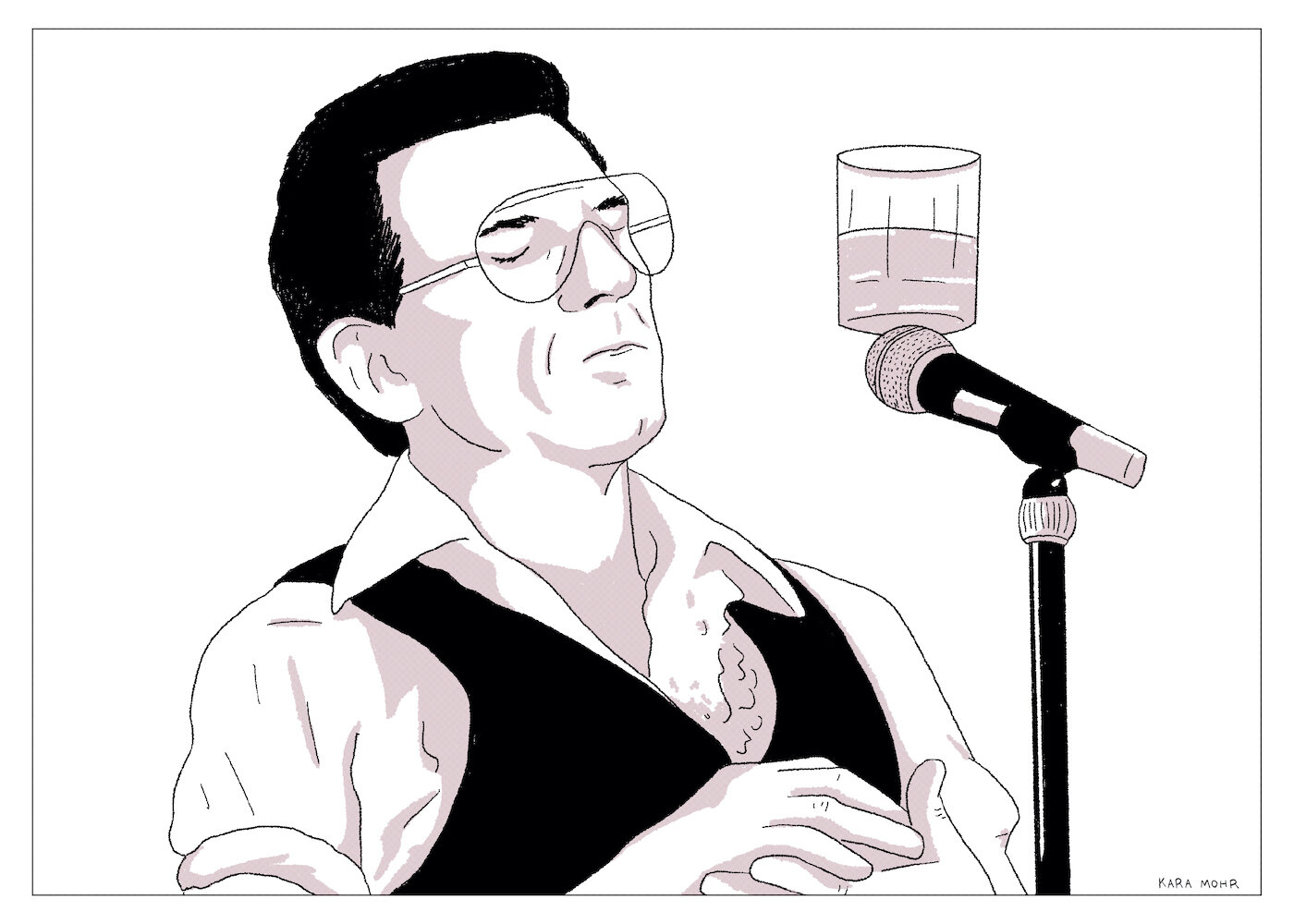
Jerry Lee Lewis “Killer Country”
Starting in 1968, following a decade in polygamy exile, Jerry Lee Lewis made a very successful, very straight Country music turn. For over a decade he was a reliable hit maker alongside Merle and Dolly. In 1982, he’d be under suspicion for killing his fourth wife. In 1984, he would be tried for tax evasion (he was found innocent). And, in 1988, he declared personal bankruptcy. But, between 1979 and 1980, in a third career peak, Jerry Lee Lewis cut three excellent, if overlooked, albums, including “Killer Country.”
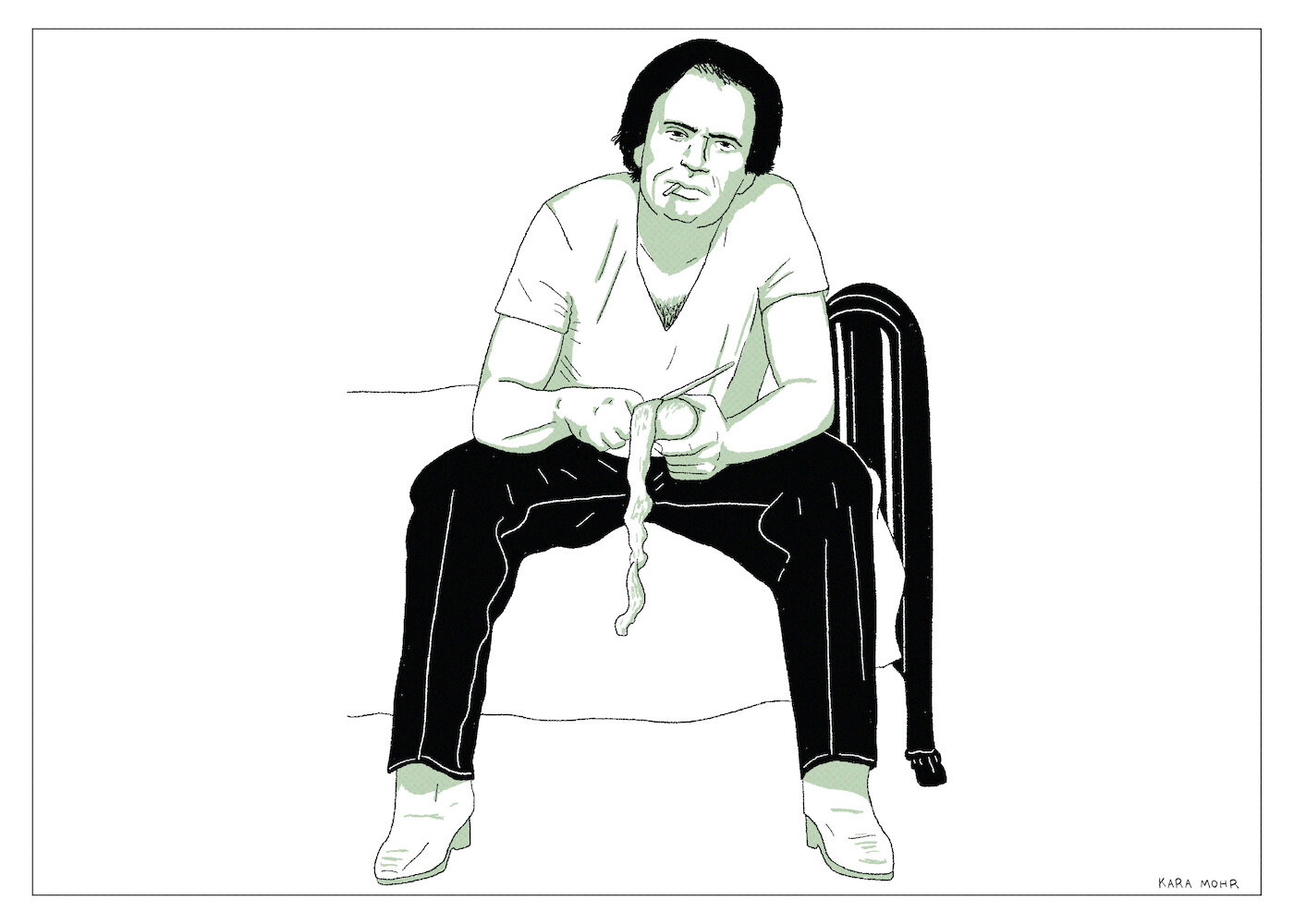
Merle Haggard “Big City”
On the surface, 1981 seemed to foretell change for Merle Haggard. He left his longtime record label. America had a new President. And a wave of frustration and patriotism was sweeping the country. Conditions seemed ripe for a comeback, but change was not Merle’s style. A “return to form” felt beneath him. And yet, Merle Haggard wanted to show everyone that he was still the same goddamn Merle Haggard who wrote the same great songs with the same great stories about the sane great country. The result was “Big City” another wonderful, complicated album from perhaps the most nostalgic recording artist America has ever known.
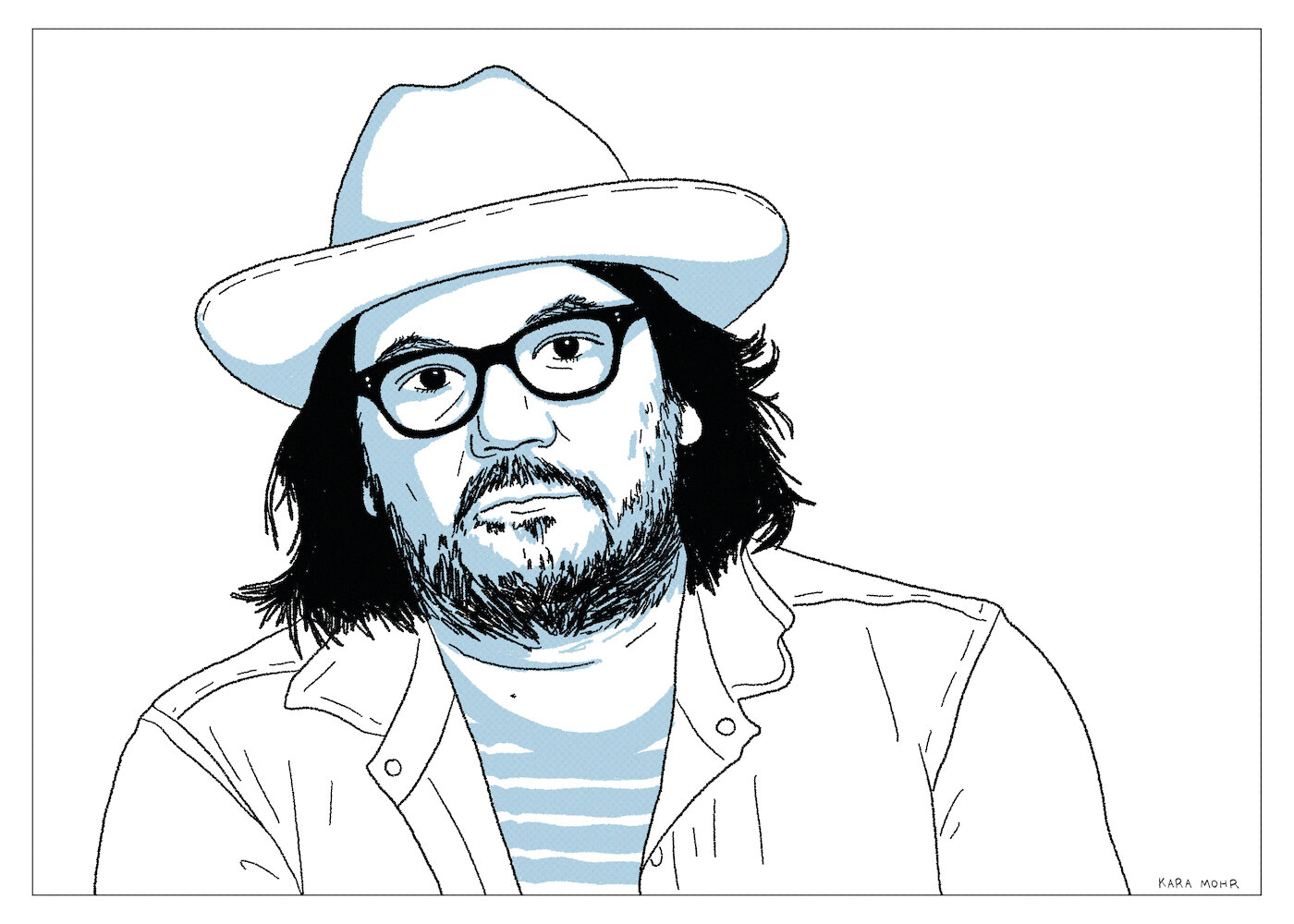
Jeff Tweedy “WARM”
Well, he did it. It’s not a perfect record. Far from it. It’s not his best music. No. But I suspect Jeff Tweedy will never get closer to something as honest, as definitive and as unflinchingly empathetic as he does on “WARM.” This is monumental, middle-aged, dude stuff. It is what the other side of decades of therapy sounds like for one of the greatest songwriters of the last thirty years. It’s a search for meaning through empathy and self-acceptance in the second half. If “WARM” were presented to me as the Old Testament for some sort of cultish men’s group, I’m pretty sure I’d sign up.
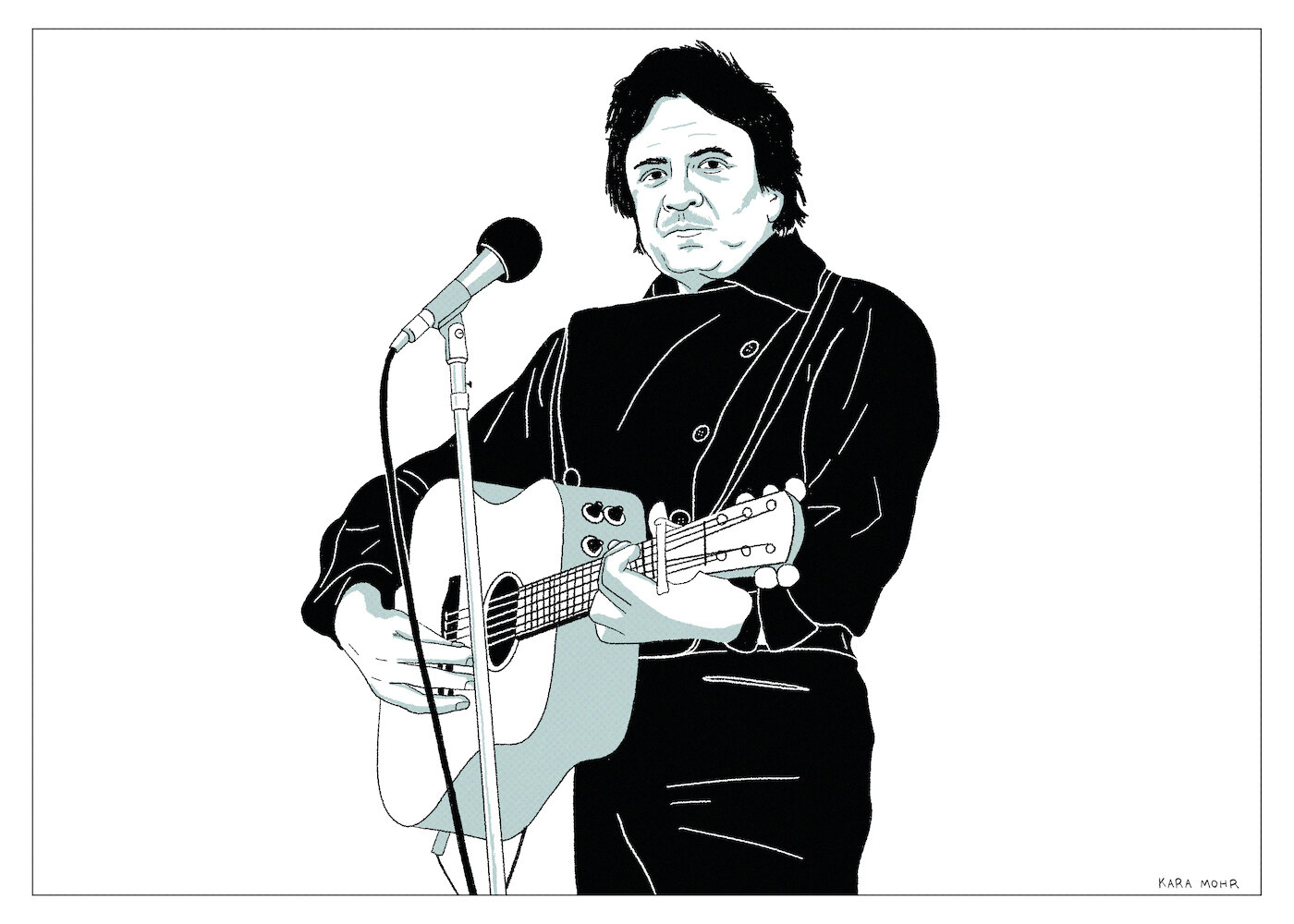
Johnny Cash “Johnny Cash is Coming to Town”
The 1980s were unkind to Johnny Cash. He was living somewhere between legend and relic. His label of thirty years, Columbia Records, had lost faith in him as a reliable commercial concern. And, notably, he had become so addicted to and unhinged from his addiction to pills that, in 1983, he would spend over a month at the Betty Ford Clinic. In 1984, Cash recorded a lightly humorous and entirely sad parody single and video called “The Chicken In Black.” He then vamped with side projects and Gospel music until 1987, when he released his first album for Mercury Records, “Johnny Cash is Coming to Town.”
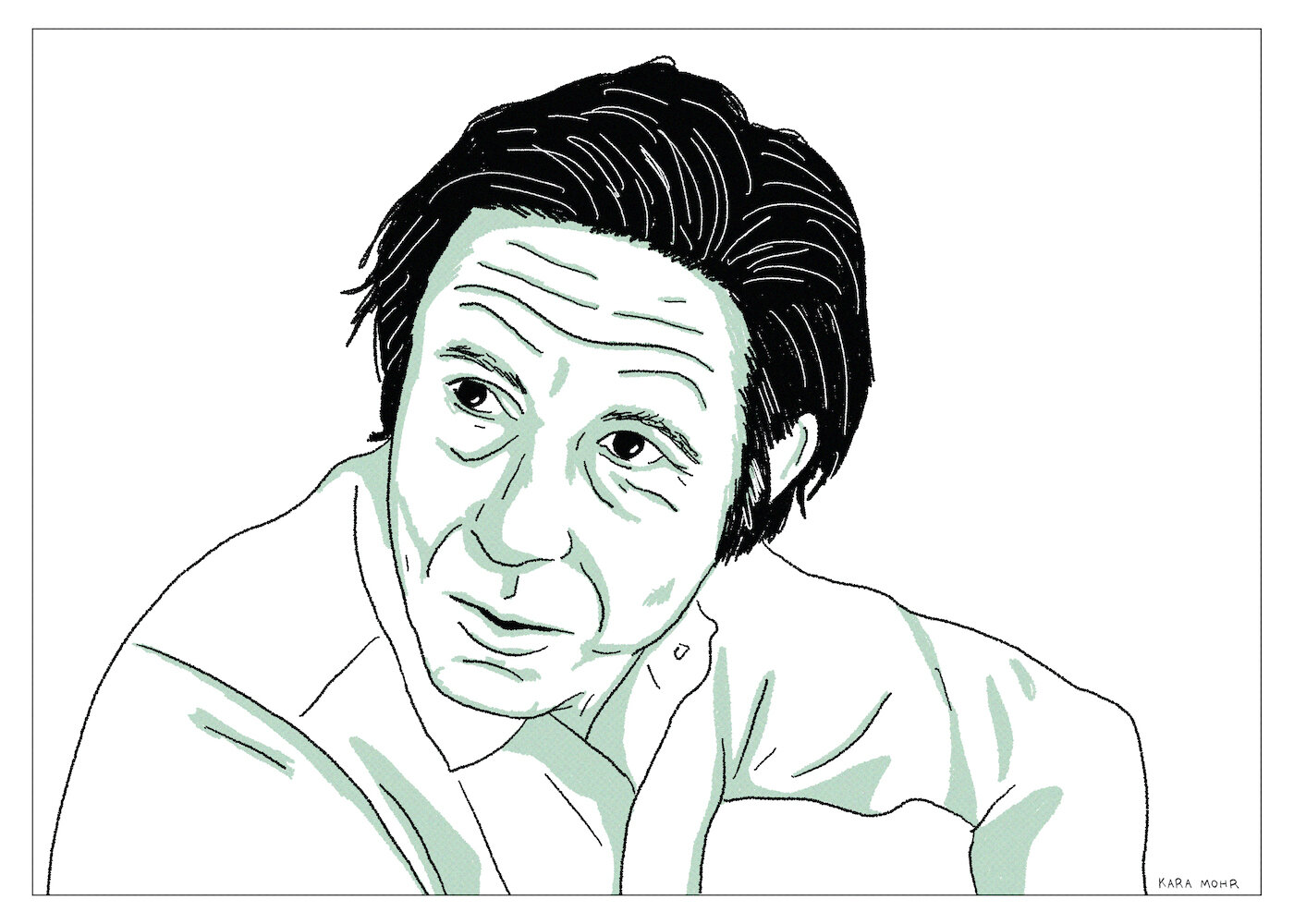
John Doe “Keeper”
John Doe’s voice was once the sound of a storm cloud over a city on fire. The city was Los Angeles. The storm was sun shower named Exene Cervenka, Doe’s wife and partner in the band X. But, nearly seventy now and many years into a decorated solo career, John Doe has spent his second act answering the question: what happens when there is no city on fire and no storm below? In 2011, the year he released “Keeper,” Doe was fifty eight. He’d remarried. He had three daughters. He didn’t live in L.A. His singular challenge was to write love songs where the people in the songs are actually loved. Simple, right?
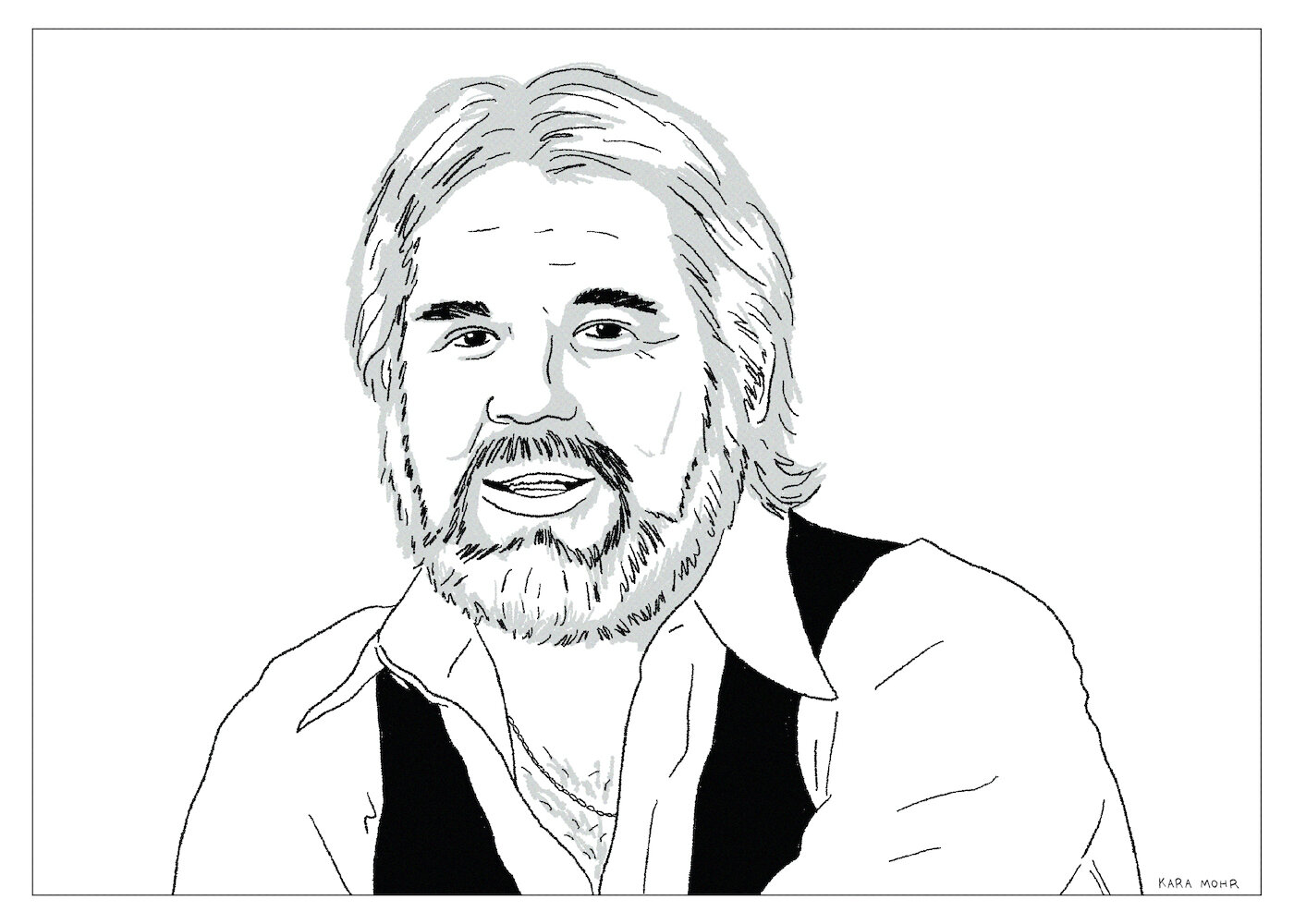
Kenny Rogers “Kenny”
Kenny Rogers’ appeal was one of masculine kindness. At his best, his voice lands somewhere between Lionel Richie and Bob Seger on Valium. And on 1979s “Kenny,” he put that bearded charm and “Gambler” equity to work for a lovely, schmaltzy set of lite Country Pop that would go on to sell twenty million copies worldwide. Yes — in 1979, Kenny Rogers was very nearly Michael Jackson.
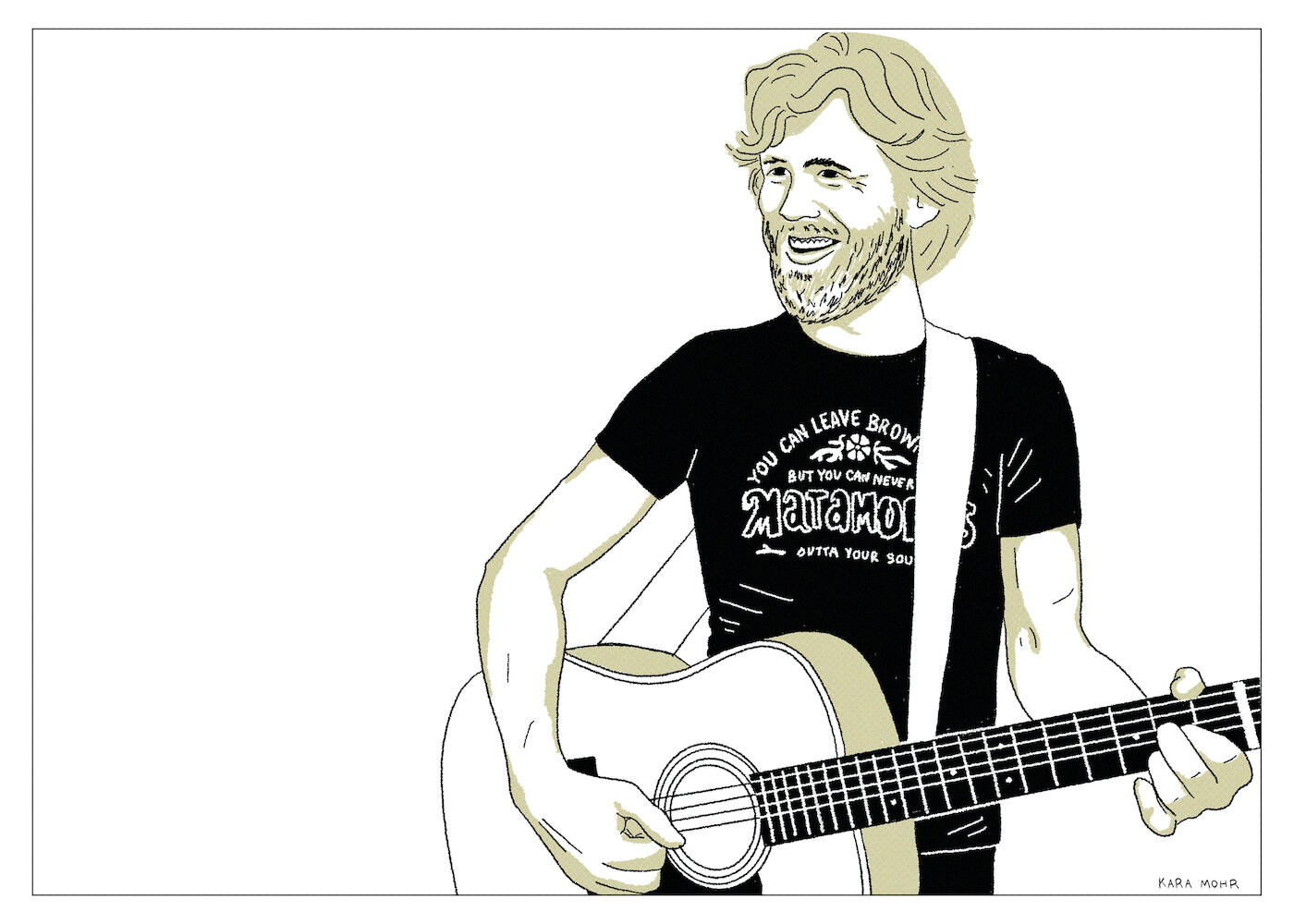
Kris Kristofferson “To The Bone”
By 1981, Kris Kristofferson found himself alone, sad, sober, resentful and pretty much any other cliched adjective you could toss at a broken, divorced, about-to-be has-been. At forty five, with almost nothing to lose, and following a recent trail of mediocre records, he released “To The Bone.” Along with Marvin Gaye’s “Here, My Dear,” “To The Bone” is one of the most candid and compelling “divorce albums” in the Pop music canon.
